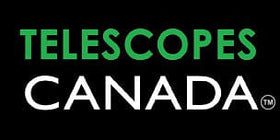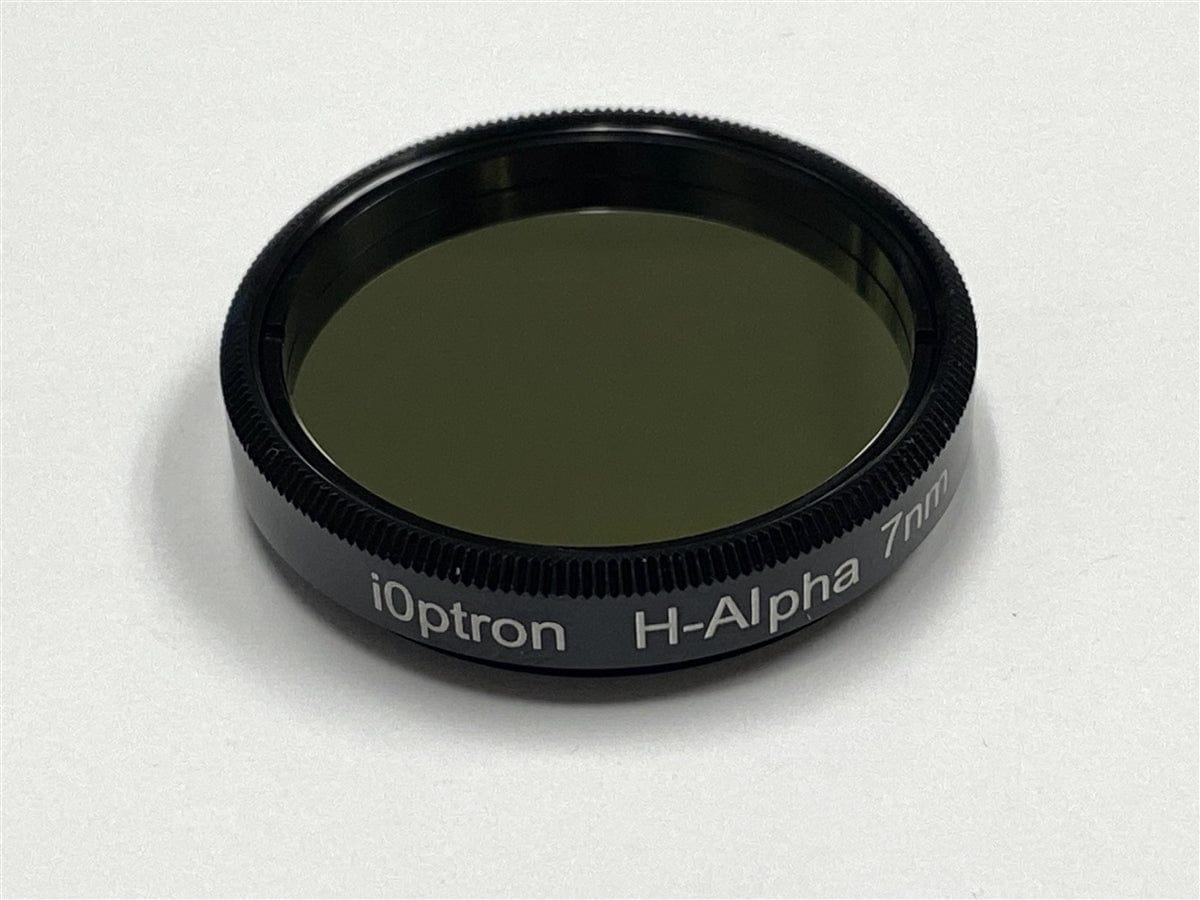Description
The iOptron 1.25" Narrowband Filters are designed for astrophotography and nebula observation. Each filter isolates a specific narrow band of light, improving contrast by blocking unwanted wavelengths from artificial lighting (mercury vapor, sodium vapor) and natural sky glow. These filters allow you to reveal fine structural details in emission nebulae while maintaining a natural look in your images.
Key Features
-
1.25" mounted filter for filter wheels (e.g., iOptron iEFW-15).
-
Compatible with 1.25" eyepieces (M28.5 x 0.6).
-
Multi-layer anti-reflection coating for maximum transmission.
-
High optical quality: 60/40 surface quality, <λ/4 flatness, 30" parallelism.
- Designed to improve contrast between nebulae and sky background, not to increase brightness of the object.
⚠️ Important Safety Warning: iOptron filters are not designed for solar observation. Never use these filters for observing or imaging the Sun, or permanent eye and equipment damage will result.
Variants
🔴 H-Alpha (656nm, 7nm Bandwidth)
-
Passes a 7nm bandwidth centered at 656nm, highlighting hydrogen-alpha emission.
-
Excellent for high-contrast imaging of emission nebulae and revealing subtle details.
-
Commonly used to blend with RGB data to enhance structural features.
🟢 OIII (495.9nm & 500.7nm)
-
Isolates the Oxygen-III lines at 495.9nm and 500.7nm, producing blue-green tones.
-
Works well for planetary nebulae and supernova remnants.
-
Often paired with H-Alpha to create striking natural-looking images.
🟠 SII (672nm)
-
Isolates the Sulfur-II emission line at 672nm.
-
Used in combination with H-Alpha and OIII to create the classic Hubble Palette (SHO imaging).
-
Enhances detail in emission nebulae and complements narrowband imaging workflows.
Comparison of iOptron Narrowband Filters (1.25")
| Filter Variant | Wavelengths Isolated | Bandwidth | Best For | Color Appearance | Notes |
|---|---|---|---|---|---|
| H-Alpha | 656nm | 7nm | Emission nebulae, structural detail | Deep red | Often blended with RGB data for detail enhancement |
| OIII | 495.9nm & 500.7nm | Narrow Band-pass | Planetary nebulae, supernova remnants | Blue-green | Commonly paired with H-Alpha; produces natural-looking images |
| SII | 672nm | Narrow Band-pass | Nebulae (SHO/Hubble Palette) | Deep orange-red | Complements H-Alpha and OIII to complete full narrowband sets |

